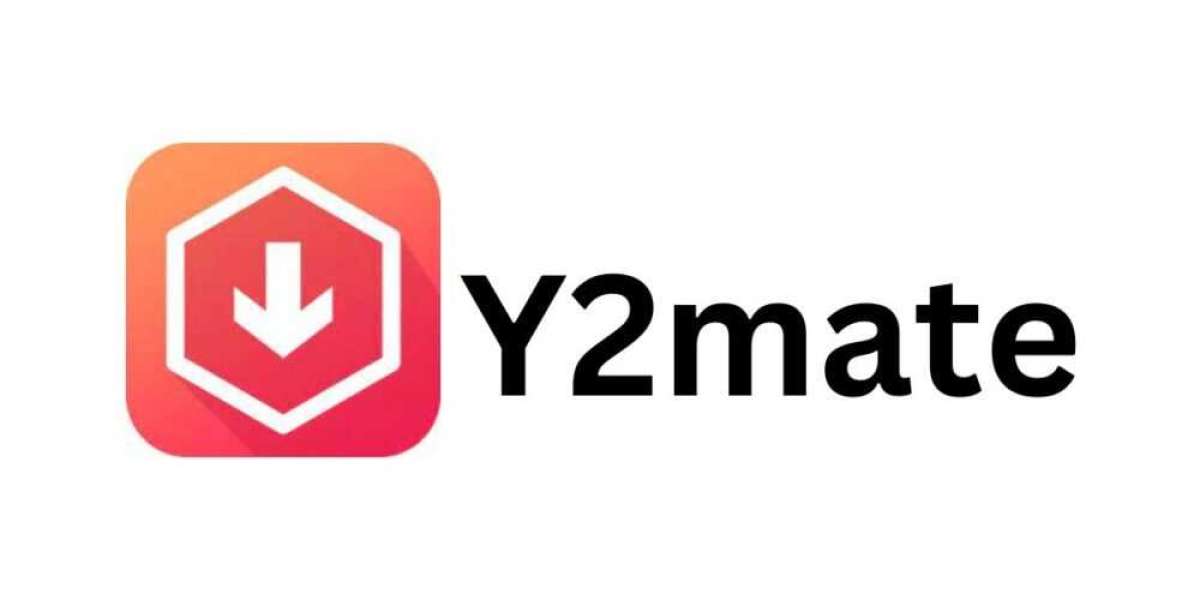Introduction
In the digital age, where online content consumption is at its peak, various platforms emerge to cater to the diverse needs of users. One such platform that has gained notoriety is Y2Mate, a website that allows users to download videos from popular streaming platforms such as YouTube. While Y2Mate may seem like a convenient tool for users looking to save videos for offline viewing, its existence raises ethical and legal concerns. This article will delve into the workings of Y2Mate, its controversial nature, and the implications it has on the broader digital landscape.
Understanding Y2Mate
Y2Mate positions itself as a YouTube converter and downloader, offering users the ability to convert YouTube videos into various formats and download them for offline use. The process typically involves copying and pasting the URL of the desired video into the Y2Mate website, selecting the preferred format, and initiating the download. On the surface, it appears to be a simple and efficient way to access content without the need for an internet connection.
Controversial Features
While Y2Mate's primary function is video downloading, it is not without its controversies. The platform has faced criticism for several features that are perceived as unethical or illegal:
Copyright Infringement: Y2Mate raises concerns about copyright infringement, as it enables users to download and distribute videos without the explicit permission of content creators. This infringes upon the intellectual property rights of those who produce and publish content on platforms like YouTube.
Violating Terms of Service: Most streaming platforms, including YouTube, explicitly prohibit the downloading of their content without authorization. Youtube Downloader facilitates the violation of these terms of service, putting users at risk of facing consequences such as account suspension or legal action.
Questionable Ads and Malware: Users of Y2Mate have reported encountering aggressive and misleading advertisements on the platform. Some ads may prompt users to download questionable software or inadvertently expose them to malware, raising cybersecurity concerns.
Legal Implications
The legal ramifications of using Y2Mate are significant. The platform operates in a gray area, exploiting loopholes in copyright laws and terms of service agreements. Content creators often rely on ad revenue generated from views on their videos, and when users download content without viewing ads, it directly impacts the creators' ability to earn income.
Additionally, streaming platforms and copyright holders are increasingly vigilant in protecting their content. Many have implemented advanced algorithms and technologies to detect and prevent unauthorized downloading. Users who engage in such activities may find themselves facing legal consequences, including but not limited to cease and desist orders, account suspensions, and even lawsuits.
Alternatives and Ethical Considerations
While youtube to mp3 may offer a convenient way to access content offline, there are ethical alternatives that respect the rights of content creators and adhere to legal standards. Many streaming platforms now provide built-in options to download content for offline viewing, eliminating the need for third-party tools like Y2Mate.
Users are encouraged to explore and utilize legitimate means of downloading content, such as the official download features provided by streaming platforms or subscription-based services that offer offline access. Supporting content creators by viewing ads or subscribing to premium services ensures the continued production of high-quality content.
Co nclusion
Y2Mate's controversial nature stems from its facilitation of unauthorized video downloading, raising legal and ethical concerns in the digital landscape.








